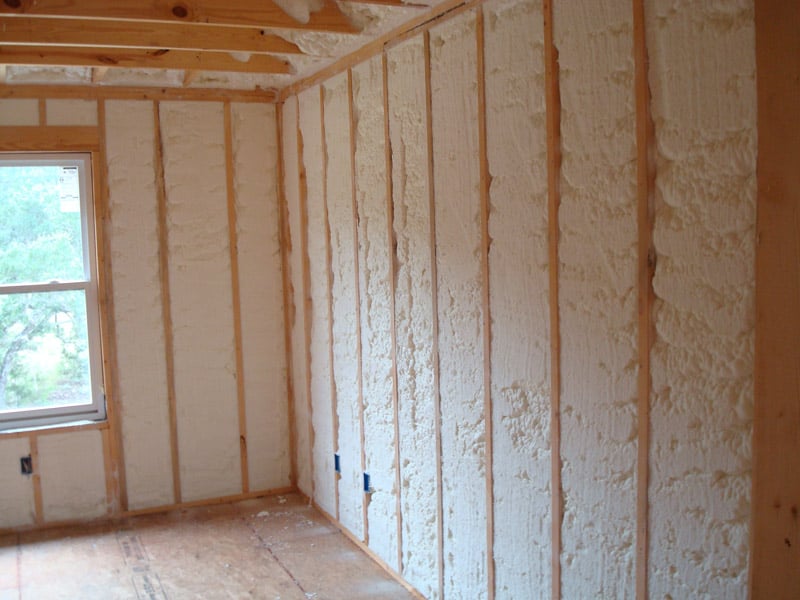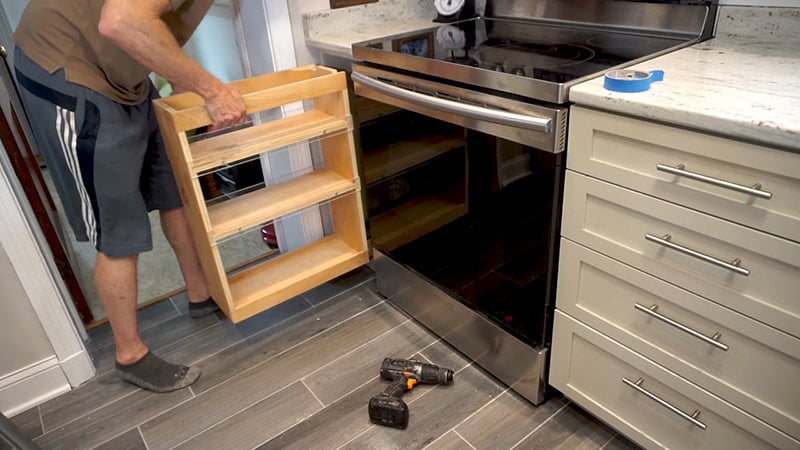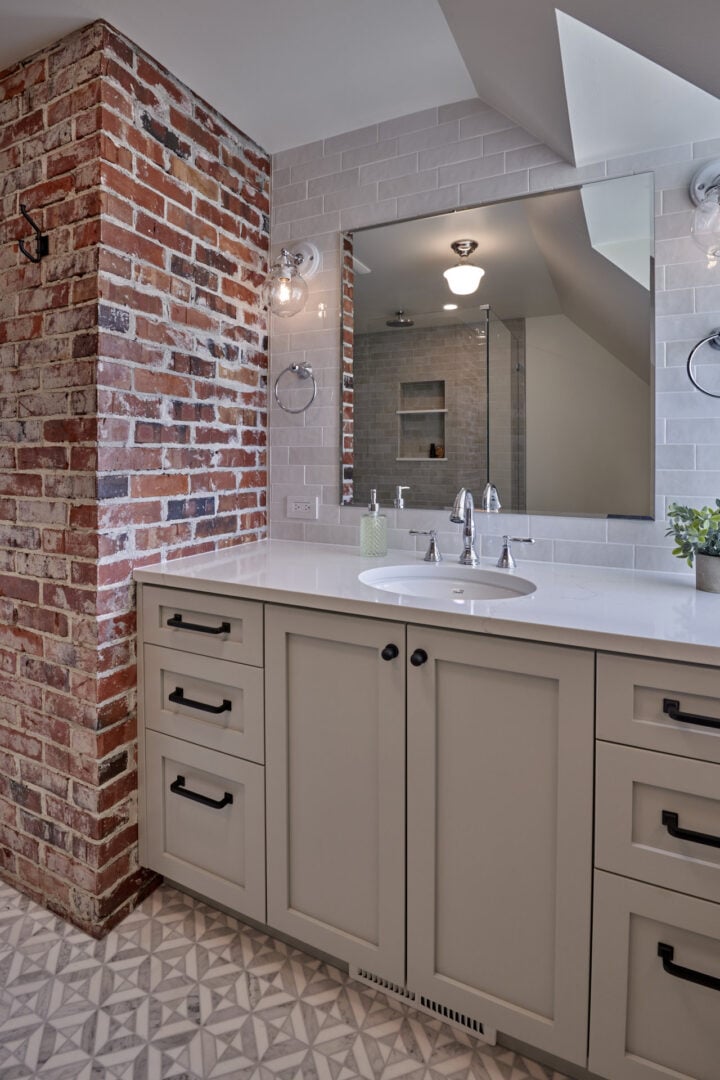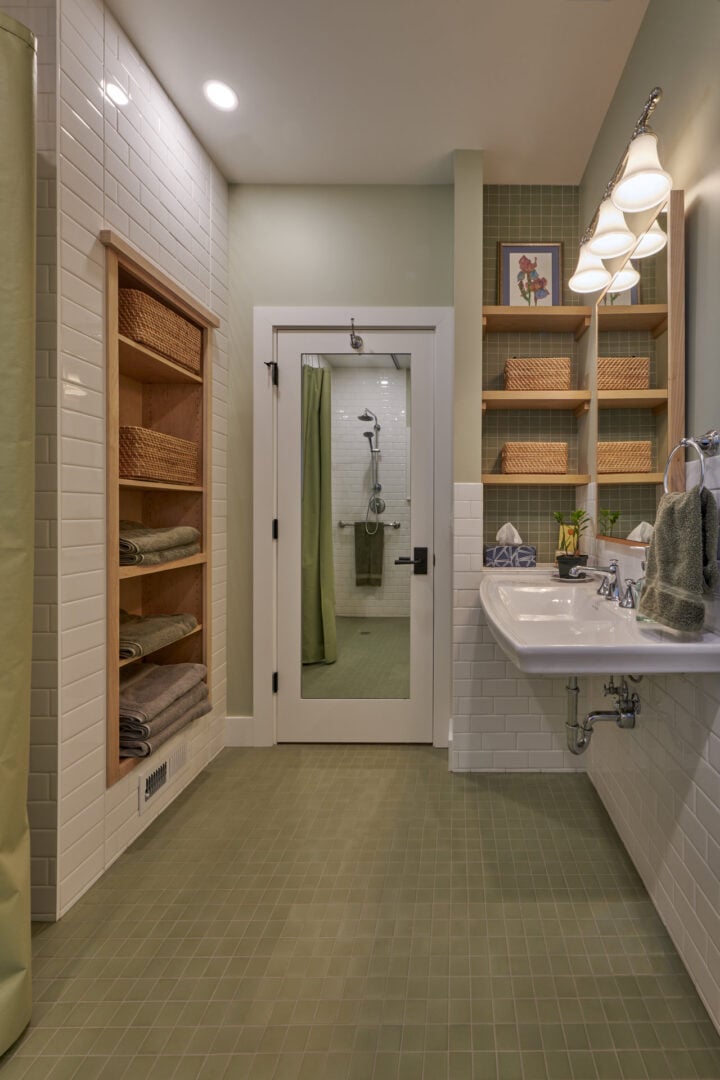Insulation is mostly unseen, but it can make a huge difference to your home’s level of comfort . . . and to your utility bills.
Energy bills add up, and lowering them by improving your insulation can pay out incredible dividends over the years. An added bonus to properly insulating is to reduce your carbon emissions and lower the rate at which humans are accelerating climate change. Insulation is a valuable ally in both of these battles.
If you’re wondering whether it’s time to make an investment in your home’s insulation, I hope this article will help. Here are the most important times to consider adding insulation.
Re-insulate if your home gets too cold (or hot)
Insulation is there, above all, to keep your home comfortable when temperatures outside are anything but. The role of insulation is to prevent a phenomenon known as heat transfer, the process in which heat is dissipated towards colder areas. That means in the wintertime, the heat in your house is trying to get outside, while in the summertime, the heat from outside is trying to enter your air-conditioned home.
The building envelope
Your home can be split into two regions: the conditioned areas (where your furnace and air conditioner keep the air a certain temperature), and the unconditioned areas, like your attic, crawlspace, and garage. Even the spaces in your exterior walls are unconditioned. Windows, doors, and insulation all form an important part of the unconditioned area, referred to as the building envelope.
Is a home energy audit right for you?
When your home heats rapidly in the summertime or cools rapidly in the wintertime, it’s a sign you may need new insulation or more insulation. Finding exactly where your insulation is failing can be tricky; the heat-transfer culprit may also be your windows or doors or air leaks. You can get an energy audit, or, if you are on a tight budget, you can do one yourself. Professional audits are usually quite affordable and may be subsidized by your local utility. A good audit can help you find weak points in the building envelope you may not have found yourself. Expect to more than make up for the amount you spend on an audit with the energy-bill savings you will achieve.
Are your utility bills mysteriously increasing?
An increase in your gas or electric bill could be another indication that you need to replace your home’s insulation. There are, of course, a number of things that could cause your bill to increase, so it’s important to control for other factors. You may, for example, be dealing with an inefficient furnace or air conditioner. It could also be that the utility increased your rates. Once you’ve taken other possible reasons for the increase into account, you could benefit from an energy audit.
Older homes tend to lack sufficient insulation
Finally, you should consider replacing your home’s insulation if your home is particularly old, or if it’s in obvious need of insulation. Some homes have easily accessible attics; check yours to see if it’s insulated. Attics tend to be relatively easy to insulate. Builders usually only build in insulation to code, and the recommended amount of insulation has generally increased over the years, so if your home is even a couple of decades old, you will probably get some benefit from re-insulating.
Add insulation when you’re renovating
As alluded to earlier, you might want new insulation as an investment. That means it will be important to do a cost-benefit analysis to better understand if the cost of insulation will be recouped in energy savings. One of the biggest factors in determining whether or not new insulation is “worth it” is how long you plan to stay in your home. The longer you live there, the more energy savings you will accumulate over the years.
Renovating provides two great incentives to update your insulation. The first is that, depending on the type of renovation you’re doing, you’ll have contractors in your house anyway; full-scale renovations may involve tearing down walls or putting new ones in. Having your insulation redone at the same time can save you hassle and money.
The second benefit is that people generally renovate in one of two circumstances: they’re planning on staying in their homes for a long time, or they’re planning to sell. In the first circumstance, the potential savings are obvious. In the second circumstance, you might benefit from getting your home re-insulated if you plan on selling your home to someone who is looking for a green home.
Choosing insulation
Exactly how and where you’ll insulate will depend heavily on weak points in your building envelope, as well as the climate in your area. Winnipeg, for example, has extreme cold and hot temperatures, so homes there have high insulation requirements. Seattle, on the other hand, has relatively mild weather year-round. That said, getting more insulation than is required can have a number of benefits for energy savings; standards like Passive House are built on high levels of insulation.
The insulation type you choose may also depend on how much you’re willing to spend. Rigid insulation, for example, may cost more than blown-in insulation but could provide you with higher R-values.
All in all, there’s a lot to think about when you’re considering replacing insulation. You want to evaluate how long you’ll be in your home, what areas of your home need insulating, how much energy you’ll save per year, and how much the new insulation may cost you. Once you’ve calculated all of that (no doubt with the help of a professional), you’ll know whether or not re-insulating is worth your while.
Insulation has a big effect on your home’s environment. At CRD, we value our clients’ quality of life. If you are considering a remodel and suspect your Seattle home will need new insulation, please feel free get in touch with us. We are always happy to answer questions and discuss your remodeling goals.
Christie Simon is a writer based in Canada. She writes articles with a focus on marketing and home improvement for a variety of businesses. Some of her best work has been featured on the Clean Line website.






